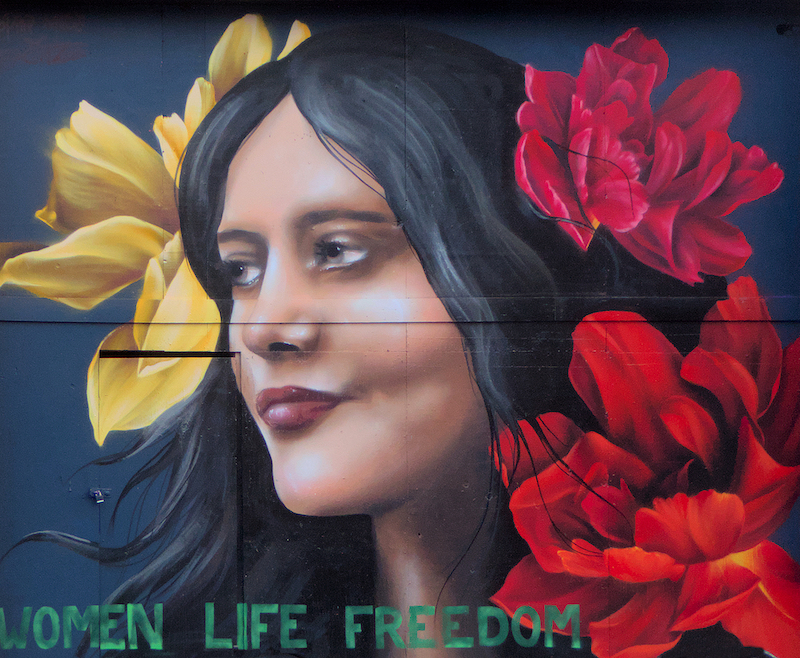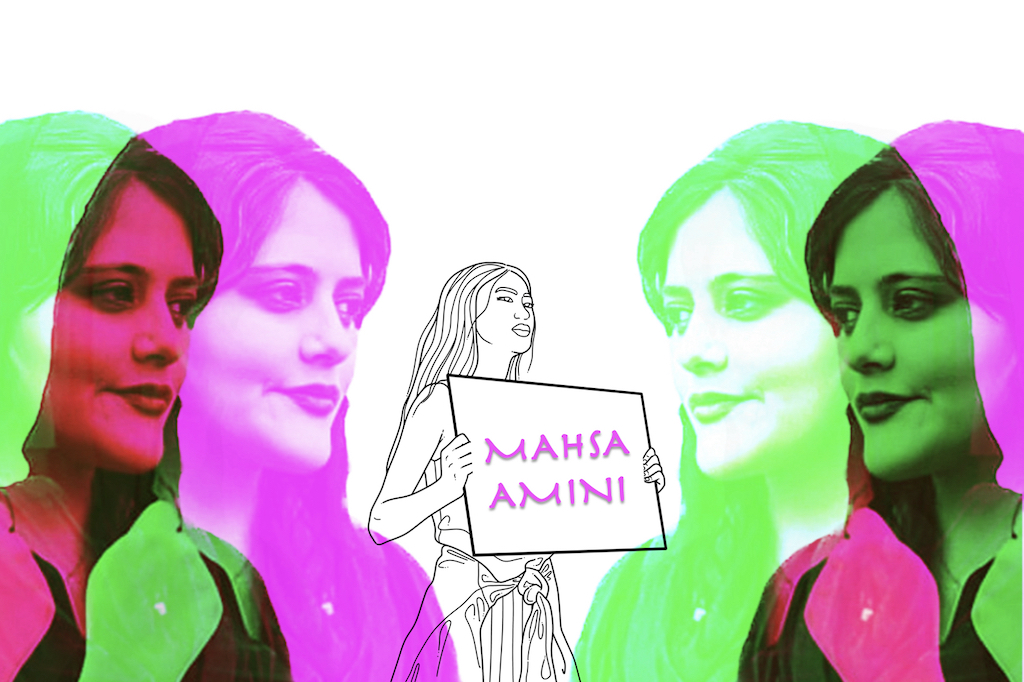Mahsa Amini was a 22-year-old Kurdish woman from Saqqez, Iran, who aspired to become a lawyer. Tragically, her dreams were cut short when she was arrested by the police in Tehran on September 13, 2022, while visiting her brother.
The police accused her of dressing inappropriately, and she died under suspicious circumstances on September 16 in a hospital in Tehran. Her death ignited a wave of protests that swept across Iran and many other countries.
Mahsa Amini was not an activist or involved in political actions, but her death became a rallying cry for hundreds of thousands of women in Iran and beyond. Her case has not only sparked protests and demonstrations, but it has also spurred movements led by women and young people.
Mahsa Amini’s death has led to massive protests that had not been seen in the Middle Eastern country since at least 2009. Among the acts of protest, some demonstrators removed their hijab or cut their hair in public.
The police enforcing religious morality accused Mahsa Amini of dressing inappropriately, which led to her arrest. However, eyewitnesses reported that the police brutally beat her.
In addition, some versions based on leaked medical examinations suggest that Mahsa Amini may have suffered a hemorrhage or cerebral stroke due to head injuries inflicted during her arrest. The government has denied all of this.
The chief of police in Tehran stated that Mahsa Amini’s arrest was because she wore the veil inappropriately and wore tight pants.
Mahsa Amini, a 22-year-old Iranian woman is in a coma fighting for her life after being brutally beaten by the “morality” police in Iran for being improperly veiled. Please be the voice of women in Iran who live in a system of gender apartheid. #Mahsa_Amini #مهسا_امینی pic.twitter.com/51C8Okwxzi
— Dr. Nina Ansary (@drninaansary) September 16, 2022
The death of Mahsa Amini ignites global protests for justice in Iran
Her death sparked massive protests that led to the deaths of approximately 476 people at the hands of government security forces tasked with suppressing the demonstrations. The figures were reported by the organization Iran Human Rights.
According to the Council on Foreign Relations, Kurds are one of the world’s largest stateless populations and constitute a significant minority in Iran, Iraq, Syria, and Turkey. Kurds have been fighting for their rights and autonomy for a century.
Unfortunately, the widespread protests also resulted in countless arrests, including those of several journalists, and acts of violence against the civilian population.
Mahsa Amini’s death has led to calls for justice and the overthrow of the government. Iranians continue to protest, demanding justice for the young woman’s death and the overthrow of the government. Changes have been observed in Iran during these seven months, such as a decrease in the enforcement of hijab rules, but the government remains determined to maintain control through repression.
A symbol in the fight for women’s rights
News organizations such as Forbes have described Mahsa Amini’s death as “the spark that ignited a women-led revolution.”
Forbes posthumously included Amini on its list of The World’s 100 Most Powerful Women, considering that protests against the mistreatment of women by authorities have led to “a revolutionary movement” to overthrow the government.
The case of Mahsa Amini has drawn attention to the more significant problem of women’s rights and gender-based violence in Iran and many countries where women face systemic discrimination and often struggle to access justice when they are victims of violence.

Analysts suggest that the West should continue to support Iranians and help them access the internet while isolating the Iranian government.
Mahsa Amini’s death symbolizes the fight for women’s rights and the struggle against oppression in Iran and beyond.
Her legacy lives on through the ongoing protests and the movement that has grown after her tragic death. It is a reminder that the fight for justice and equality is ongoing and that we must continue to stand up for those who are oppressed and marginalized.
© 2023 - 2024, Eduardo Barraza. All rights reserved.





